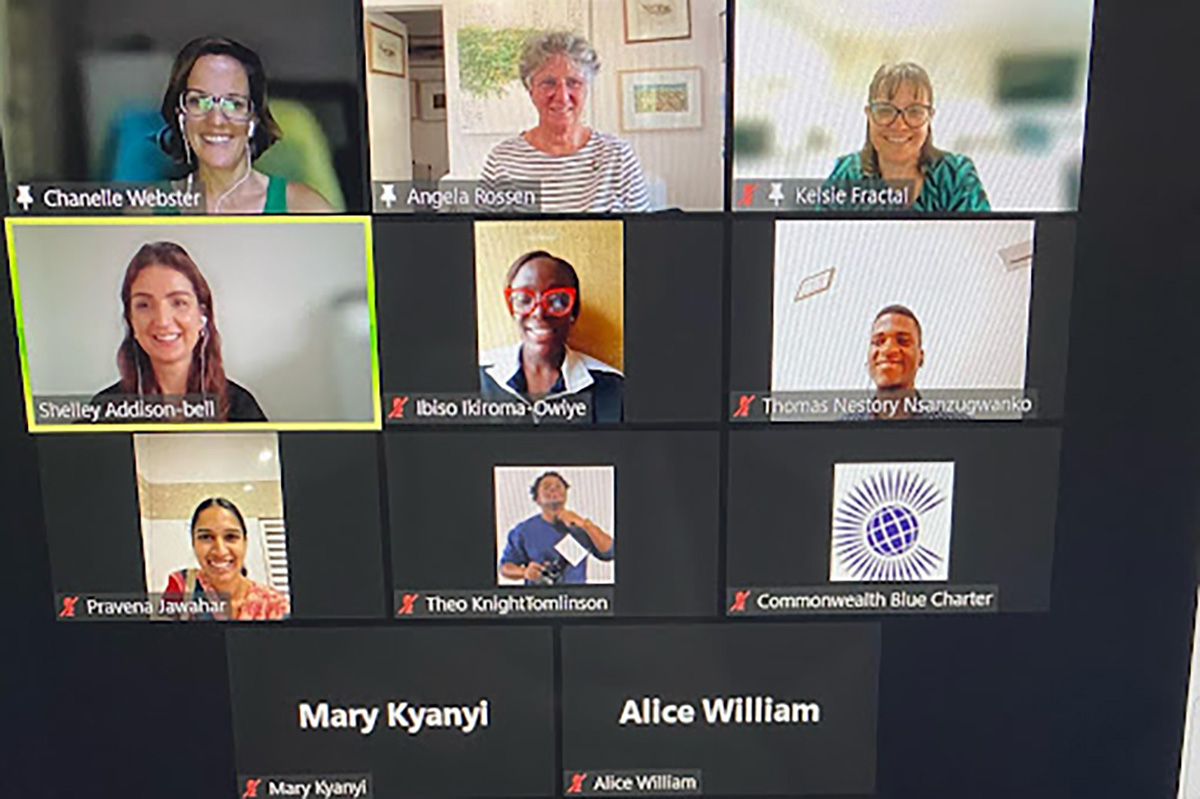“The Greek tragedy that must teach a lesson”
September 14 Tragedy can teach lessons, writes Jake Elson, 21, a Commonwealth Correspondent from Bunbury in Australia, who argues that governments must learn from economic disasters of the past.
Tragedy can teach lessons, writes Jake Elson, 21, a Commonwealth Correspondent from Bunbury in Australia, who argues that governments must learn from economic disasters of the past.
We are wrong to believe that the world’s leaders will learn from past mistakes. If they did, Greece wouldn’t be facing collapse, Newfoundland would be an independent nation and alarm bells would not be ringing in the heads of the masses across the globe.
Of course this is wishful thinking. Governments still tinker with the economy on the premise of ideological theory or personal gain, only to have unrealistic expectations that the next generations will foot the bill once their utopia comes crashing down to earth. Furthermore, many nations simply increase their own level of debt – which may seem attractive short term but is a potential disaster in the making on a long term basis, particularly if those nations have weak or variable economies. This failure to learn is nothing new. Greece itself is only another casualty on the list; a casualty starkly familiar to those acquainted with states that collapsed under the weight of debt and economic stagnation.
Historically, Greece was Europe’s poor man. Although a military dictatorship that existed between 1967 and 1974 led to a degree of economic growth, it still maintained an agriculture-based economy whilst the rest of Europe was radically industrialising. Making matters worse, a history of political patronage, corruption and graft dominated politics. Desire for change, however, was high after the 1981 Greek election. The Pan-Hellenic Socialist Movement (PASOK) swept to power, the first time in history that Greece was governed by a Socialist party. The new Prime Minister, Andreas Papandreou, was seen as a breath of fresh air. Running on the platform of Allagi (Change), Papandreou changed much of the social landscape. A generous welfare package alongside universal healthcare, labour laws and public sector expansion became its hallmark. Accession to the European Union was fast tracked and completed in 1981. Wealth distribution orchestrated by PASOK brought the Greek living standard up to scratch with Western European standards, lifting many out of poverty.
There was, however, a price. For many, public expenditure was far too high. Much of the big spending on the 2004 Olympics further drained the treasury. The Greek economy, largely based on shipbuilding, tourism and agricultural pursuits, could never provide an offset to this debt. It proved disastrous – the economy became stagnant from inefficiency and when the global financial crisis hit, it hit with a vengeance.
Behind the curtains, the scene was even more sinister. Papandreou had promised as part of Allagi to replace the old order, largely seen as connected with patronage and corruption that had plagued the nation. Though he did, he simply replaced them with his own friends and family. Papandreou himself went on trial for corruption in 1991, only to be narrowly acquitted. Stories emerged of well-off Greeks buying camouflage tarpaulin in order to avoid a pool tax. Other stories were of red tape that made start-up businesses unable to coexist with existing monopolies.
It wouldn’t be fair to blame the woes of Greece entirely on the left-leaning coalition, SYRZIA. The standoffish tactics employed when dealing with the IMF and Eurozone, however, is not helping at all. It is also unfair that the Greek youth will have to suffer for the mistakes of their predecessors. But this is reality. Whilst SYRZIA continues to play hard ball, many of Greece’s up and coming youngsters are wondering if their future lies in Greece. Many have already given up and left.
Greece is a clear lesson for all national and economic leaders. Sadly, it is not a new one. The Dominion of Newfoundland, now part of Canada, faced the same problem. Although devoid of a strong ideological force as in Greece – aside from the mercantile elites propping themselves up – there was a strong desire to spend big. The government spent millions on a railway only to privatise it, resuming ownership when the private company collapsed. Coupled with the island’s involvement in World War One, the national debt was a powder keg. When the Depression hit, the cod-dependent nation stood no chance. The island reverted to direct British rule before voting narrowly to become Canada’s tenth province.
No country can allow irresponsible economic policies to prevail. Any government determined by corruption and patronage is doomed to disaster. At the expense of political power for a few, it often leads to stagnation through inexperience, and monopolisation by desire to remain in power.
Neither is dependency on debt and financial aid the answer. Rather, it compounds the problems by saying nothing is wrong. Nations must either seek a more robust and versatile economic model or live within their means. Nations with weaker economies cannot allow themselves to be saddled with extremely costly social and political projects which can destroy a nation’s heart. The world cannot afford to keep repeating these mistakes.
After centuries of economic calamities, surely it is time we stopped making these same mistakes as our predecessors.
photo credit: Numbers And Finance via photopin (license)
…………………………………………………………………………………………………………………
About me:
I am a history buff, but also am into soccer. I referee soccer, and would like to go FIFA one day. I’m currently studying politics and international relations at Edith Cowan University. My aim is to become a police officer in Western Australia, and I would like to be Prime Minister one day.
I am a Conservative and a Monarchist, and believe in the role of the Commonwealth as a tool for good.
…………………………………………………………………………………………………………………
Opinions expressed in this article are those of the author and do not necessarily represent the views of the Commonwealth Youth Programme. Articles are published in a spirit of dialogue, respect and understanding. If you disagree, why not submit a response?
To learn more about becoming a Commonwealth Correspondent please visit: http://www.yourcommonwealth.org/submit-articles/commonwealthcorrespondents/
…………………………………………………………………………………………………………………




